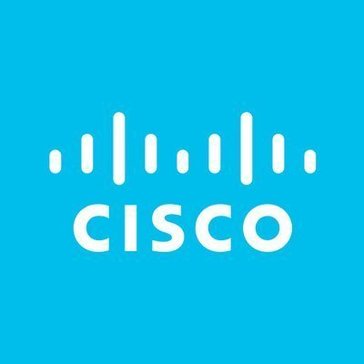Cisco Meraki and Jenkins integration
Save yourself the work of writing custom integrations for Cisco Meraki and Jenkins and use n8n instead. Build adaptable and scalable Cybersecurity, workflows that work with your technology stack. All within a building experience you will love.

How to connect Cisco Meraki and Jenkins
Create a new workflow and add the first step
In n8n, click the "Add workflow" button in the Workflows tab to create a new workflow. Add the starting point – a trigger on when your workflow should run: an app event, a schedule, a webhook call, another workflow, an AI chat, or a manual trigger. Sometimes, the HTTP Request node might already serve as your starting point.
Build your own Cisco Meraki and Jenkins integration
Create custom Cisco Meraki and Jenkins workflows by choosing triggers and actions. Nodes come with global operations and settings, as well as app-specific parameters that can be configured. You can also use the HTTP Request node to query data from any app or service with a REST API.
Supported API Endpoints for Cisco Meraki
Get Organizations
List the organizations that the user has privileges on.
Create Organization
Create a new organization.
Get Organization
Return an organization.
Update Organization
Update an organization.
Delete Organization
Delete an organization.
Get Networks
List the networks in an organization.
Create Network
Create a new network.
Get Network
Return a network.
Update Network
Update a network.
Delete Network
Delete a network.
Get Devices
List the devices in a network.
Claim Device
Claim a device into a network.
Get Device
Return a device.
Update Device
Update the attributes of a device.
Remove Device
Remove a device from a network.
Get Clients
List the clients that have used this network in the timespan.
Get Client
Return the client associated with the given identifier.
Update Client Policy
Update the policy assigned to a client.
Provision Client
Provisions a client with a name and policy.
Get Client Usage History
Return the client's daily usage history.
To set up Cisco Meraki integration, add the HTTP Request node to your workflow canvas and authenticate it using a predefined credential type. This allows you to perform custom operations, without additional authentication setup. The HTTP Request node makes custom API calls to Cisco Meraki to query the data you need using the URLs you provide.
Take a look at the Cisco Meraki official documentation to get a full list of all API endpoints
Jenkins supported actions
Get Many
List Builds
Cancel Quiet Down
Cancel quiet down state
Quiet Down
Put Jenkins in quiet mode, no builds can be started, Jenkins is ready for shutdown
Restart
Restart Jenkins immediately on environments where it is possible
Safely Restart
Restart Jenkins once no jobs are running on environments where it is possible
Safely Shutdown
Shutdown once no jobs are running
Shutdown
Shutdown Jenkins immediately
Copy
Copy a specific job
Create
Create a new job
Trigger
Trigger a specific job
Trigger with Parameters
Trigger a specific job
Cisco Meraki and Jenkins integration details
Save engineering resources
Reduce time spent on customer integrations, engineer faster POCs, keep your customer-specific functionality separate from product all without having to code.
Learn more
The SOAR platform you want
Mountains of monotonous tasks make building and monitoring your workflows a chore. Not anymore.
Learn more
FAQ
Can Cisco Meraki connect with Jenkins?
Can I use Cisco Meraki’s API with n8n?
Can I use Jenkins’s API with n8n?
Is n8n secure for integrating Cisco Meraki and Jenkins?
How to get started with Cisco Meraki and Jenkins integration in n8n.io?
Looking to integrate Cisco Meraki and Jenkins in your company?
The world's most popular workflow automation platform for technical teams including
Why use n8n to integrate Cisco Meraki with Jenkins
Build complex workflows, really fast


